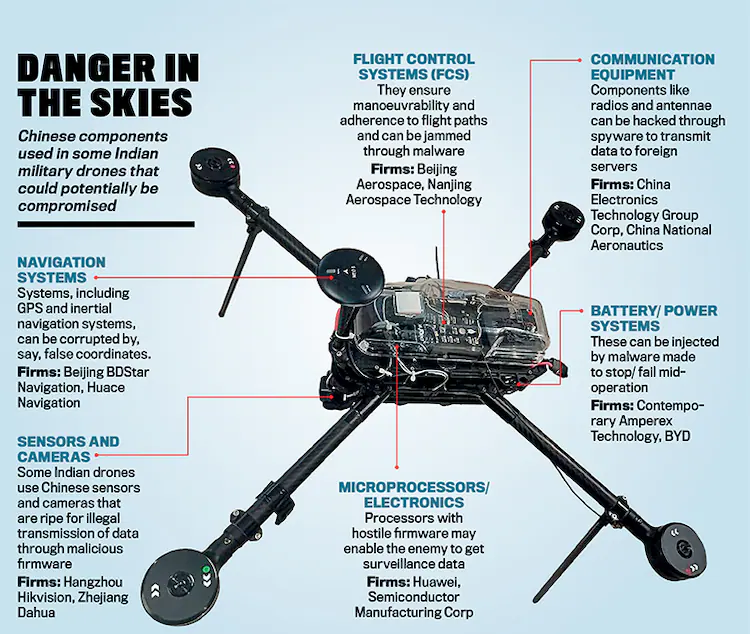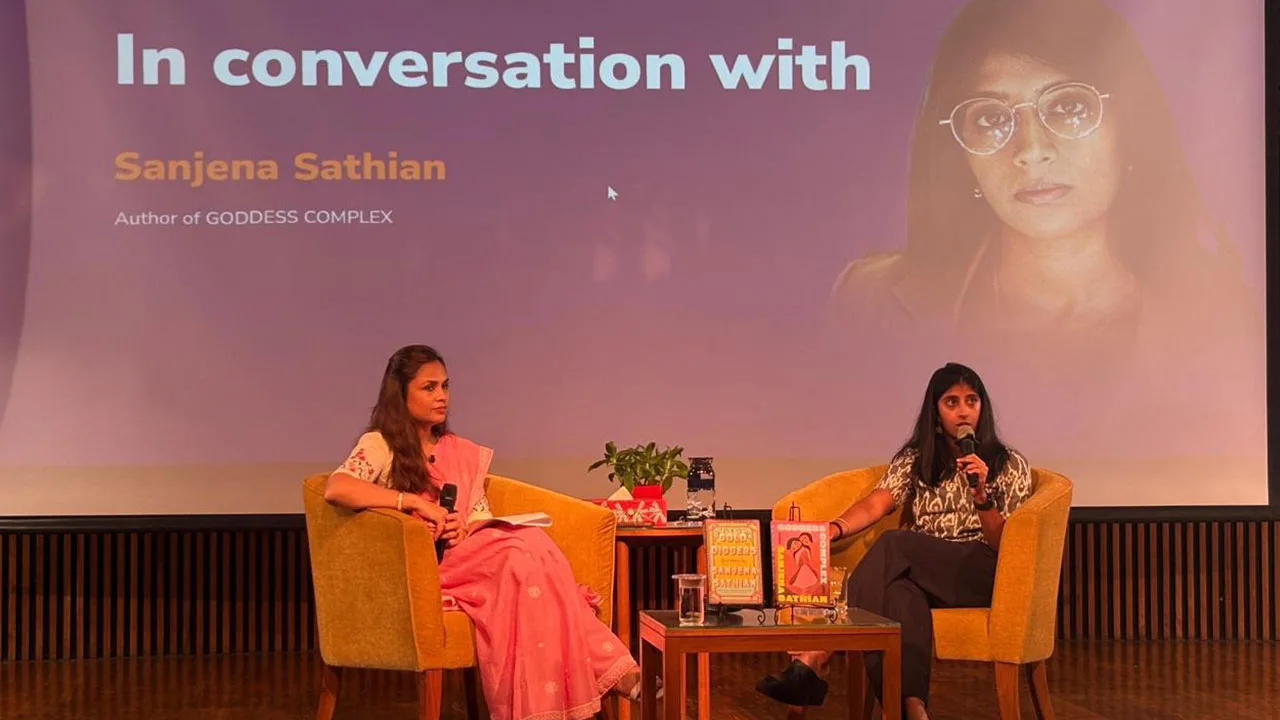Find the programme that meets your requirements and aspirations.
Apply nowStudent blogs
- SPJIMR
- Blog
- #EthicsAndSocialImpactInPM: The ethical tightrope — Balancing innovation, security, and responsibility in robotics
#EthicsAndSocialImpactInPM: The ethical tightrope — Balancing innovation, security, and responsibility in robotics

Are we innovating responsibly or heading for a crisis?
With the rapid advancement of robotics and AI-driven automation, a product manager’s role goes beyond just driving business success. Today, it involves making ethical choices that can have long-term consequences. Are we developing technology that prioritises safety, security, and sustainability? Or are we chasing innovation without fully considering the risks?
Companies in India’s robotics sector frequently face tough decisions: Should they focus on national security and self-reliance or opt for cost-effective foreign components to stay competitive? While the goal is to create entirely homegrown robotic systems, Indian-made components can be up to 40%–70% more expensive than Chinese alternatives. This presents a crucial dilemma:
- Do companies stay committed to national security and long-term self-reliance?
- Or should they choose cheaper foreign parts to maintain a competitive edge in the market?
To navigate this challenge, some businesses follow a dual approach— developing one version with Indian components and another with foreign alternatives. This adds extra effort but ensures adaptability to policy shifts, regulatory changes, and security concerns. A recent incident highlights this: When the Indian government banned Chinese drone parts over security risks, many robotics firms lost defence contracts. Meanwhile, companies that had invested in domestic manufacturing gained an advantage, proving that responsible innovation can be a long-term win.
Key ethical challenges in robotics and AI
Robotics and AI offer enormous potential but also introduce difficult ethical dilemmas. As PMs, are we making responsible choices? Let’s explore three critical challenges.
- 1. Privacy vs. surveillance: Where should we draw the line?
- Are we designing surveillance technology with the right ethical safeguards?
- How can we ensure AI-powered drones do not violate privacy rights?
- 2. Accountability: Who is responsible when AI fails?
- Should PMs take responsibility for unforeseen AI failures?
- Are we building failsafes to prevent catastrophic malfunctions?
- Cybersecurity in robotics: The invisible war no one talks about
- Are we prioritising security in product design?
- How do we prevent foreign interference in critical technology?
Drones and AI-powered robotics are widely used for security and defence, but there’s a fine line between safety and intrusion. In 2024, the European Union fined a major social media platform for using AI-powered drones for unauthorised surveillance.
This raises urgent concerns:
PMs must focus on transparency, ensuring AI capabilities are well communicated, working closely with regulators, and promoting ethical data collection and encryption standards.
Autonomous drones and robots make real-time decisions, but what happens when they malfunction? In 2024, an industrial robot in Pune’s Automotive Stampings and Assemblies Ltd. (ASAL) malfunctioned, critically injuring a worker due to a sensor failure. This highlights key concerns:
PMs must implement robust security audits, advocate for domestic manufacturing of critical components, and ensure AI-driven decisions remain explainable and auditable.
In 2025, India scrapped contracts for 400 defence drones after discovering Chinese-manufactured components in the supply chain, raising serious cybersecurity concerns. This case underscores the cybersecurity risks in robotics:

PMs should advocate for strong encryption protocols, continuous monitoring of vulnerabilities, and secure AI decision-making frameworks.
Final thoughts: Are we leading innovation or fuelling ethical crises?
The world of robotics is advancing at an unprecedented pace. But with every breakthrough comes a responsibility to build ethical, secure, and sustainable technology. The Indian robotics sector faces unique challenges, and the choices made today will shape the industry’s future. The key question remains: Are companies prioritising responsible innovation or making compromises that may lead to ethical and security crises?
As PMs, our decisions today will define the ethical trajectory of robotics.
About Post Graduate Diploma in Management (PGDM)
SPJIMR’s Post Graduate Diploma in Management (PGDM) is a two-year, full-time residential programme equivalent to an MBA. PGDM is approved by AICTE, accredited by NBA and AMBA, UK and consistently rates among India’s top 10 management programmes. The programme offers a holistic approach to leadership development with its innovative blend of classroom learning and thoughtfully curated immersive experiences.




